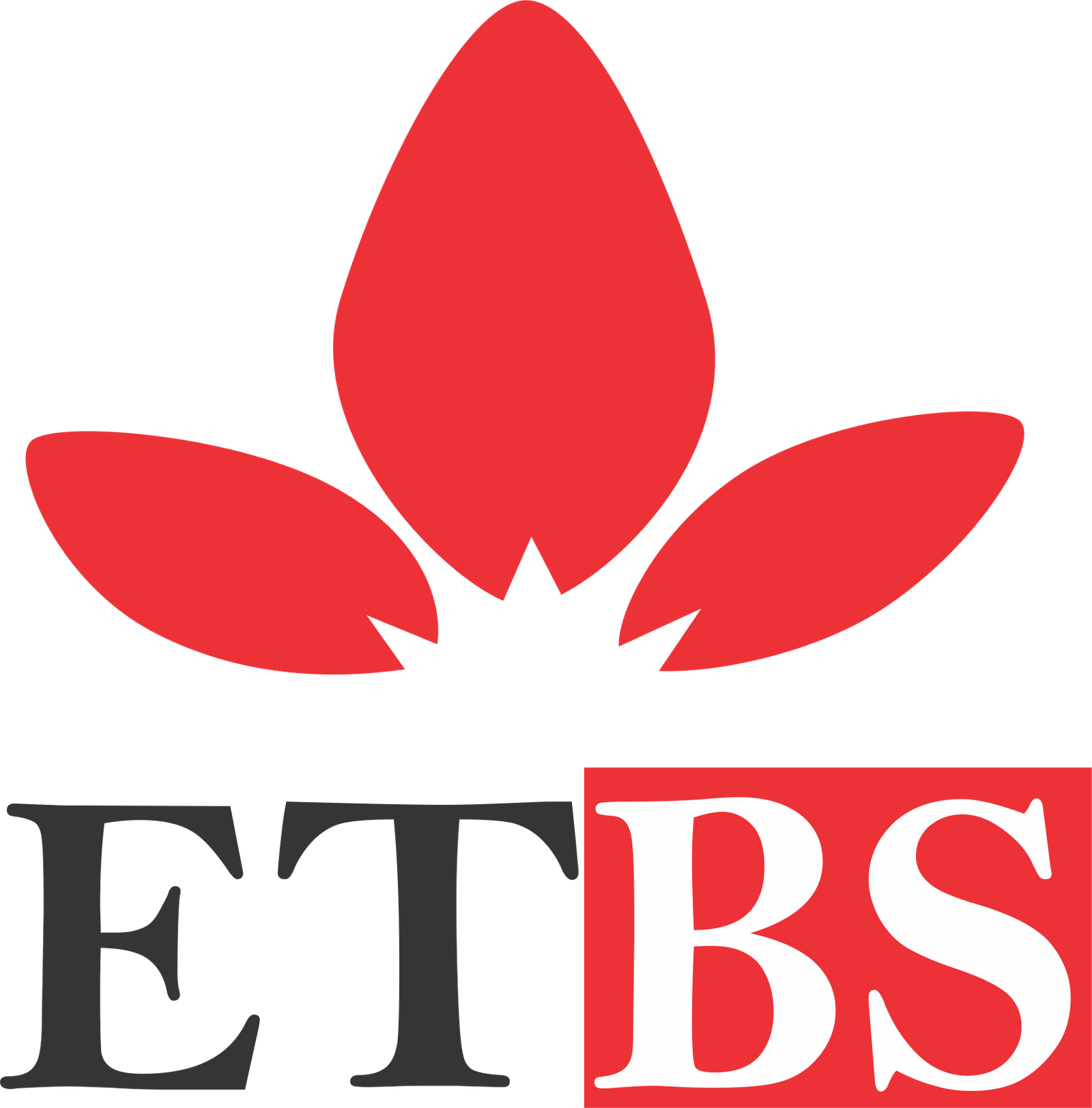 EarthTab Business School
EarthTab Business School
☰
|

Welcome to EarthTab Business School. My name is Sofia Berg and i will be your course preceptor for the course, Automobile Mechanics. The course Automobile Mechanics is designed as a highly detailed, professional, and holistic exploration into the design, operation, maintenance, diagnosis, and repair of automobiles. It provides technicians, and aspiring professionals with both the theoretical knowledge and hands-on practical expertise required to become proficient in the automotive industry, a sector that is the backbone of global mobility, trade, and technology-driven transportation. At its core, automobile mechanics is not just about fixing cars, it is a complex science of engineering systems (mechanical, electrical, electronic, and digital) integrated into a single machine that must perform reliably under varied conditions. Automobiles are composed of thousands of parts, each interacting with precision to deliver motion, safety, comfort, and sustainability. Thus, this course equips you to understand automobiles from the inside out, combining deep knowledge with modern diagnostic tools to address real-world automotive challenges. The course begins with an exploration of the history of the automobile industry, tracing its origins from the invention of the internal combustion engine in the late 19th century, through the rise of mass production by Henry Ford, to today’s era of hybrid, electric, and autonomous vehicles. Students will learn how social, economic, and technological forces have influenced automotive design, manufacturing, and usage across decades. Understanding this history helps you grasp why certain systems exist, how they evolved, and where the automotive industry is heading in the future. You will gain in-depth expertise in the essential mechanical systems of automobiles, including: Engines: Principles of internal combustion (petrol, diesel, gas), alternative fuel engines, hybrid engines, and electric drive systems. Topics include thermodynamics, combustion cycles (Otto, Diesel), engine efficiency, fuel delivery systems (carburetors, fuel injectors), and engine cooling and lubrication. Transmission and Drivetrain: Understanding manual, automatic, CVT, DCT, and hybrid drivetrains. Gear ratios, clutches, differentials, and torque converters are covered in detail. Suspension and Steering Systems: Shock absorbers, springs, MacPherson struts, power steering systems (hydraulic and electronic), wheel alignment, and balancing. Braking Systems: Drum vs. disc brakes, hydraulic brake systems, ABS (Anti-lock Braking System), EBD (Electronic Brakeforce Distribution), regenerative braking (for hybrids and EVs). Each system is studied in terms of components, operations, failures, and troubleshooting techniques. Modern vehicles are rolling computers, with dozens of electronic control units (ECUs) integrated into the system. This module covers: Automobile Electricals: Batteries, charging systems, alternators, starter motors, and wiring harnesses. Ignition Systems: Spark plugs, ignition coils, and distributor systems vs. modern electronic ignition. Lighting and Accessories: Headlamps, indicators, dashboard systems, infotainment, and in-car connectivity. Sensors and Actuators: Oxygen sensors, throttle position sensors, fuel injectors, electronic throttle bodies. Diagnostics: On-Board Diagnostics (OBD-I, OBD-II), scan tools, error codes, and advanced diagnostic techniques. The course deeply integrates contemporary advancements shaping the future of automobiles, such as: Hybrid and Electric Vehicles (EVs): Battery technologies (Lithium-ion, solid-state), inverters, charging systems, and EV drivetrains. Autonomous Driving Systems: Artificial intelligence, lidar, radar, ultrasonic sensors, and vehicle-to-vehicle (V2V) communication. Smart Connectivity: IoT in vehicles, GPS navigation, telematics, and vehicle cybersecurity. Sustainability and Green Technology: Emission control systems, catalytic converters, AdBlue systems, and fuel-efficient design. A central part of the course is training you to become skilled in preventive maintenance and service. Areas include: Periodic vehicle servicing and inspections. Oil changes, coolant flushes, brake pad replacements, and tire rotations. Systematic approaches to troubleshooting mechanical and electronic faults. Workshop safety practices, use of tools and equipment, and proper service documentation. You will also learn how to interpret service manuals, technical bulletins, and manufacturer specifications. In today’s automobile industry, diagnosis is as critical as repair. This section trains learners in: Using diagnostic scanners and multimeters. Interpreting fault codes. Applying systematic troubleshooting methods. Case-based learning of real-world automotive breakdown scenarios. This course is not only technical but also prepares you for the professional aspects of automotive careers. Topics include: Customer service and communication in automotive workshops. Workshop management and leadership. Cost estimation and billing. Entrepreneurship opportunities in auto-repair shops, diagnostics, spare parts business, and fleet maintenance. Global automotive industry career paths (OEM manufacturing, motorsports engineering, after-sales service, EV technology). The automobile industry is rapidly transforming. Mechanics are no longer just grease-stained technicians, they are evolving into automotive engineers and technologists with deep knowledge of both mechanical and digital systems. This course ensures you are future-ready, able to adapt to trends like electric mobility, autonomous driving, and sustainability regulations. By completing this course, you will be able to: Diagnose and repair both traditional and modern vehicles. Apply sustainable and safe automotive practices. Understand the global shifts in automotive engineering and align their skills to future demands. Provide foundational and advanced knowledge of automobile systems. Equip learners with hands-on mechanical and diagnostic skills. Foster adaptability in the era of electric and autonomous vehicles. Enable students to become skilled automotive professionals, entrepreneurs, or engineers. Students aspiring to enter the automotive industry. Mechanics seeking upskilling in modern diagnostic systems. Entrepreneurs interested in starting automobile workshops. Engineers and technicians wanting to specialize in hybrid and electric technologies. Hobbyists and automobile enthusiasts who wish to understand vehicles at a deeper level. In summary, Automobile Mechanics is not just a course, it is a career-building foundation that equips you with both the old-school fundamentals of mechanical engineering and the cutting-edge innovations driving the future of mobility. It is practical, technical, forward-looking, and highly rewarding for anyone passionate about automobiles. I look forward to congratulating you upon completion of this course.1. Historical Context and Evolution of Automobiles
2. Core Mechanical Systems
3. Electrical and Electronic Systems
4. Modern Automotive Technologies
5. Maintenance and Service Procedures
6. Diagnostic Skills Development
7. Professional Skills and Career Pathways
8. Industry Relevance and Future Outlook
Course Objectives
Target Audience

Unlocking Professional Potential through world-class assessments and industry-ready training.
"Empowering Professionals through practical, accessible online business education"
- Blessing Princess Agho
 Founder/Lead Instructor
Founder/Lead Instructor